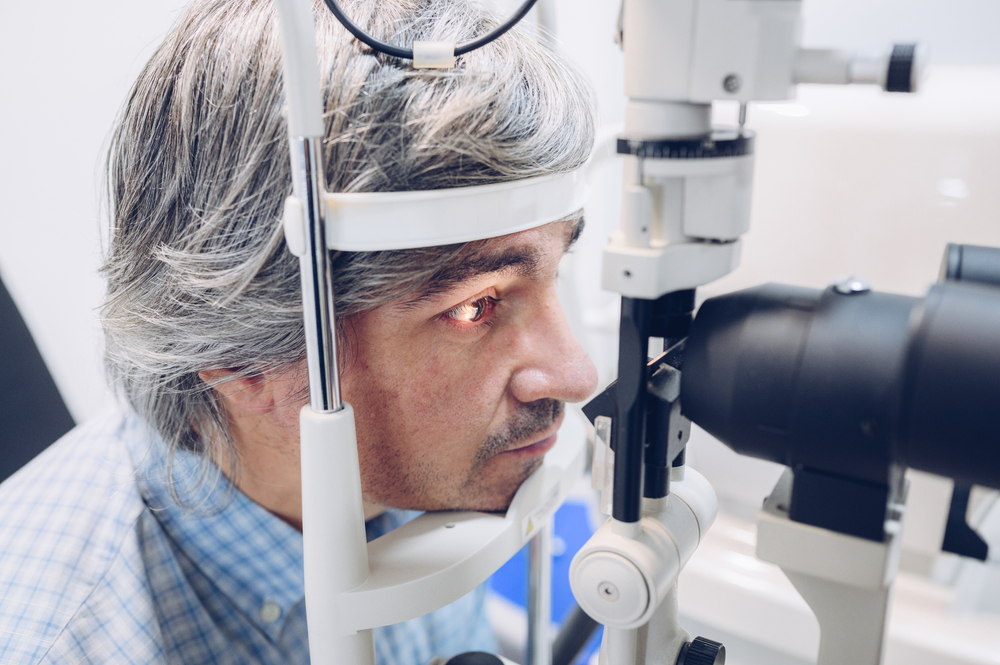
Routine eye exams are important if you want optimal eye health and quality of life. But many people often overlook eye exams while planning annual preventive health visits. At best, they assume occasional eye screening will do.
However, there is a huge difference between screening your eyes once in a while and going for routine comprehensive eye exams. Understanding the difference between these two is very important both for your eye health and general well-being.
Eye Screening vs. Eye Exam
An eye or vision screening is a quick and low-cost test done by nurses and volunteers to check for any errors in the sharpness or clarity of your vision. The test also checks for other major issues with your eyesight.
During the test, people are asked to read rows of alphabets from 20 feet away. Usually, the test will examine both eyes together before testing each eye separately. When a person scores below 20/40, he or she is asked to see an eye specialist for medical treatment, corrective eyeglasses, or contacts.
In contrast, an eye exam is more detailed and is done by ophthalmologists or optometrists. The examination includes an eye screening, along with a series of other checkups to assess the health of your eyes. During an eye exam, the eye doctor carefully checks each eye for any sign of serious eye problems such as cataracts, glaucoma, detached retina, and macular degeneration, among other complications.
Getting a regular eye exam is important regardless of the clarity and health of your vision. That is because routine eye exams can catch serious eye issues early when they are easy to treat.
Routine Eye Exams Diagnose Health Complications
Your eyes are windows to your health. Through your eyes, your ophthalmologist can tell whether you have or are developing major health issues. A close look at the blood vessels in your eye can detect diabetes, cancer, hypertension, thyroid disease, tumors, autoimmune diseases, and high cholesterol. No matter how perfect your vision is, schedule routine eye exams to stay on top of your health.
How Often Should You Schedule an Eye Exam?
The American Optometric Association (AOA) recommends the following frequencies for eye exams depending on age.
For adults:
18 to 39 years: at least every two years if at low-risk, and every year or as recommended if at high-risk.
40 to 64 years: at least every two years if at low-risk, and annually or as recommended if at high-risk.
65 years and above: every year.
People at risk include those with a family history of visual illnesses or who have undergone eye surgery. It also includes people who are taking prescription medicines with visual side effects, belongs to certain ethnic or racial groups, or have illnesses that can potentially affect the eyes.
For kids, AOA recommends:
First vision screening between six and 12 months old.
At least one eye exam between three and five years old.
6 to 17 years: annual eye exams, or as recommended.
To learn more about the importance of routine eye exams, visit Highline Eye Care & Optical at our office in Flagstaff, Arizona. You can call (928) 240-9214 today to book an appointment.











